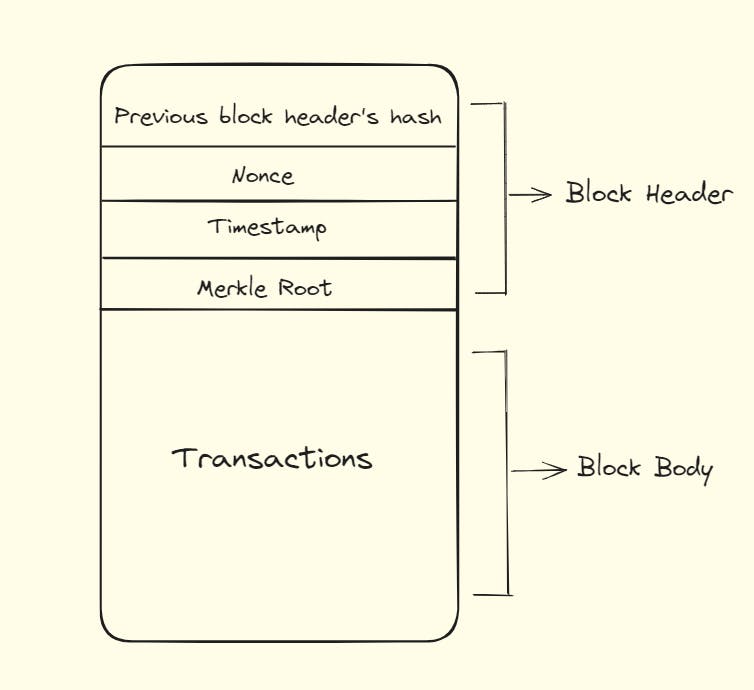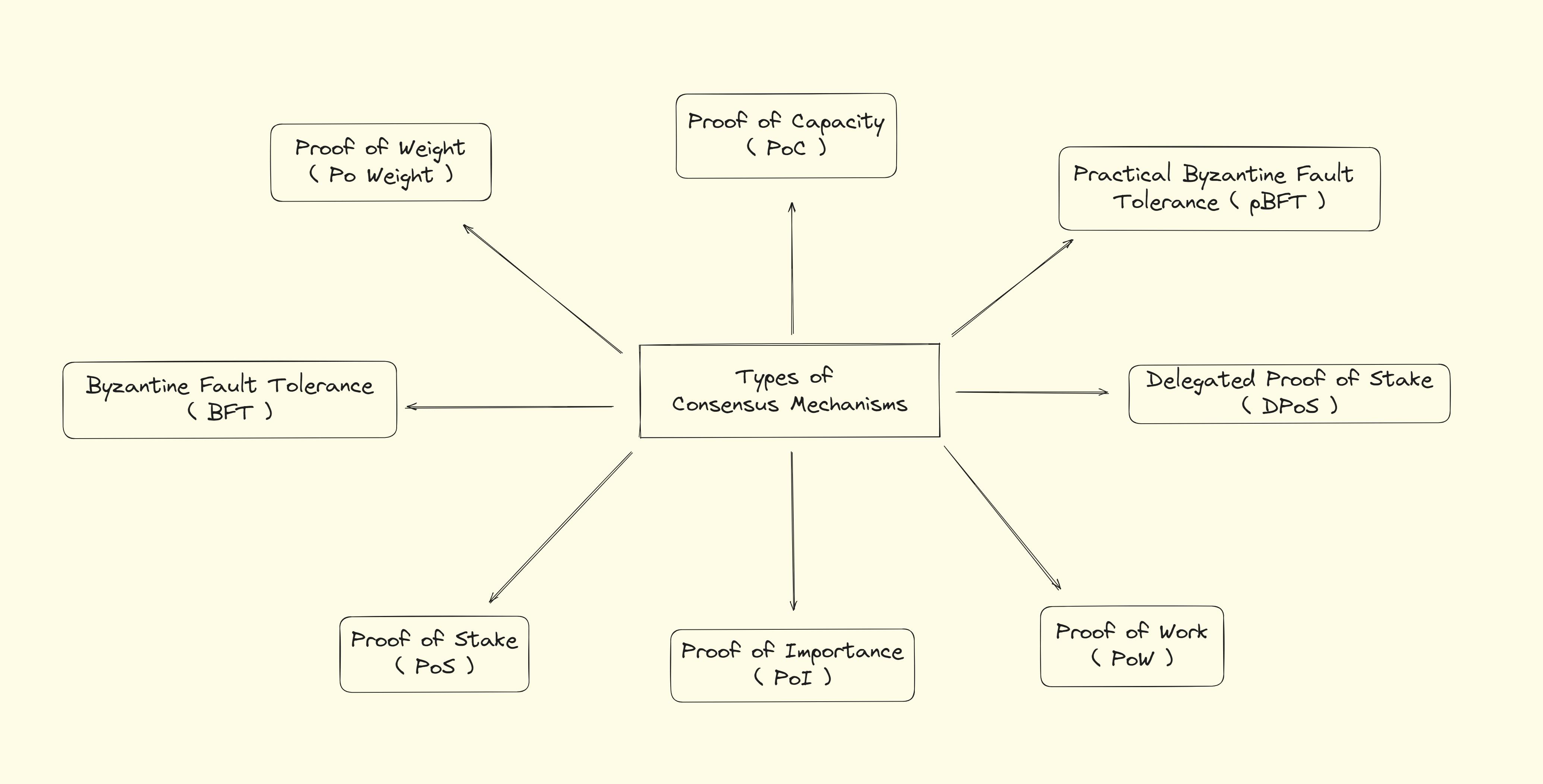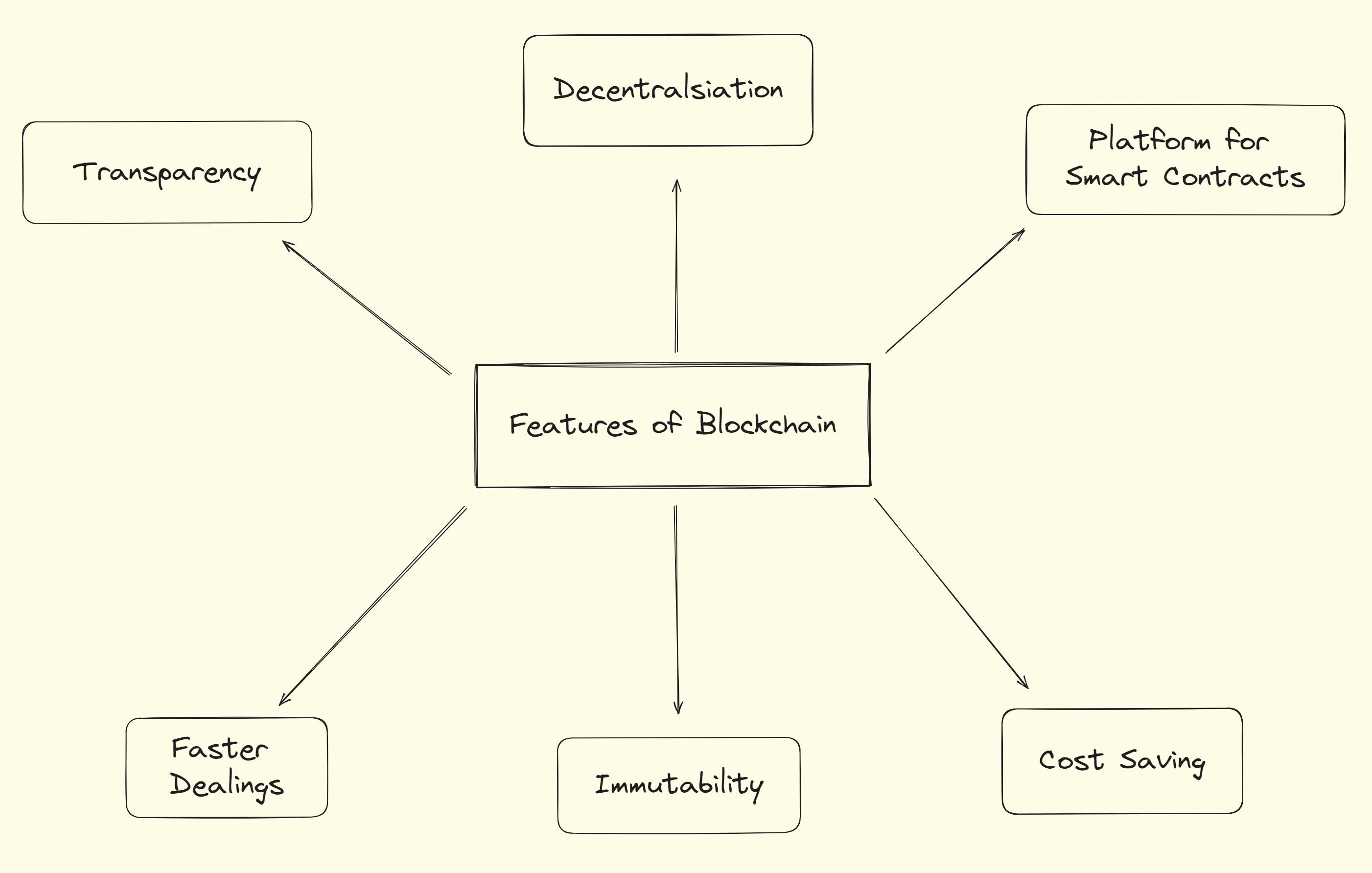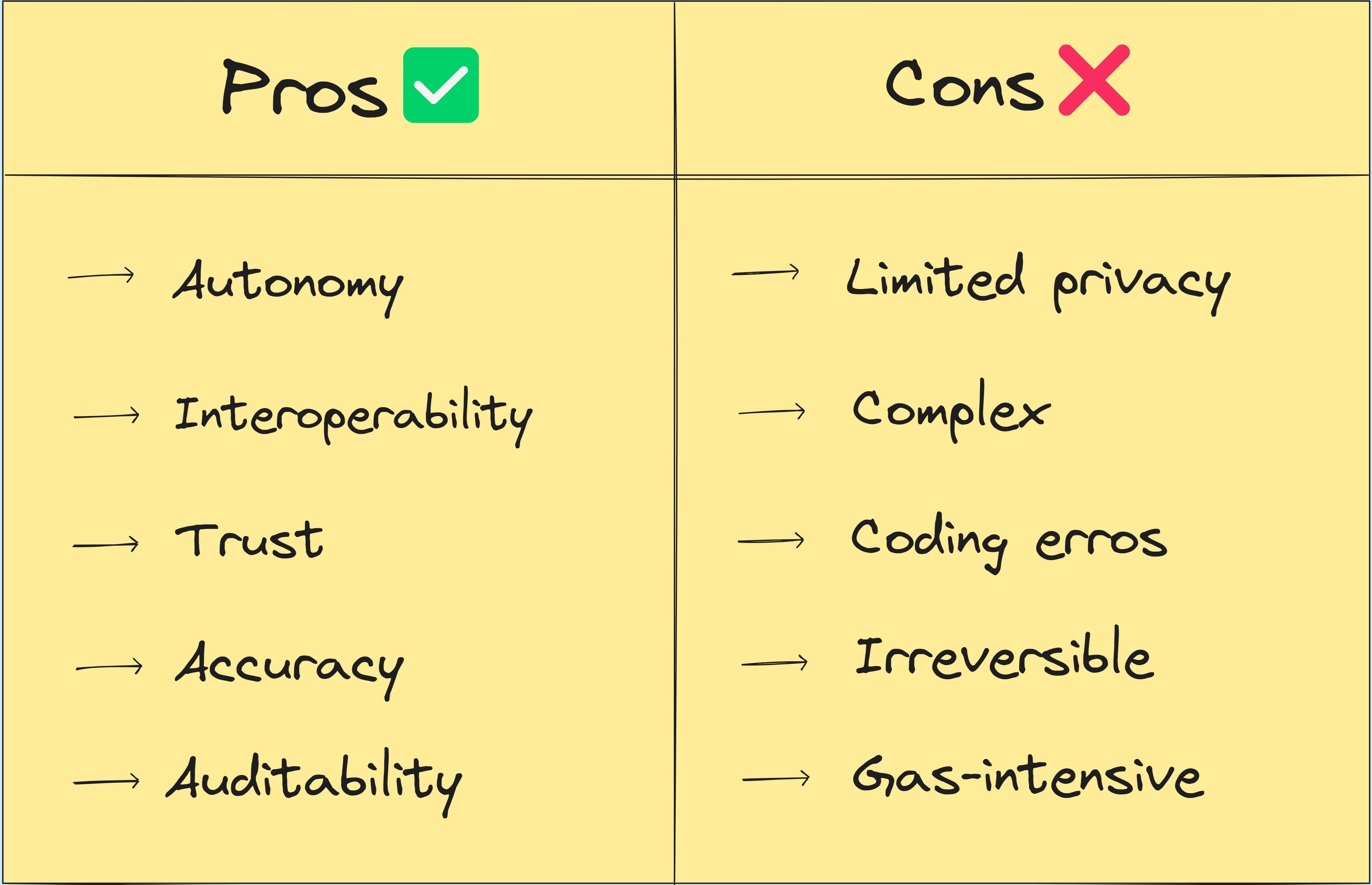Table of contents
Faster transactions, greater transparency, and enhanced security – these are just a few promises of blockchain technology. But what exactly is blockchain, and how does it work? This blog post will unpack the core principles of blockchain, introduce smart contracts that automate agreements, and address potential security concerns. We'll also explore how SecureDApp plays a crucial role in safeguarding the future of blockchain and ensuring its transformative potential is fully realized.
What is a Blockchain?
Blockchain is an ever-growing, secure, shared recordkeeping system in which each user of the data holds a copy of the records, which can only be updated if a majority of parties involved in a transaction agree to update.
The word Blockchain is made up of two parts: Block and Chain
Block is an entity that stores any real-world data. For example, let’s assume that a block stores the transactions happening on the internet. If Alice sends 1 BTC (Bitcoin) to Bob, this transaction needs to be added to a block to be successful.
Chain can be defined as a cryptographic link of a block with the previous block. In other words, the link between blocks forms a chain of blocks. So, to sum it up, a blockchain is a collection of blocks chained together using cryptography.
Key elements of Block
Addresses: In blockchain transactions, addresses serve as distinctive labels indicating the sender and recipient. They typically consist of public keys or are derived from them.
Transaction: A transaction is the fundamental unit of a blockchain. A transaction represents a transfer of value from one address to another.
Block: A block is composed of multiple transactions and other elements, such as the previous block hash, timestamp, and nonce. A block is composed of a block header and a selection of transactions bundled together and organized logically.
Nonce: Nonce is a number that is generated and used only once. It's important in many security processes like authentication, encryption and to provide replay protection. A block also includes the nonce value.
A timestamp is the creation time of the block.
Merkle root: In a blockchain block, the merkle root is the hash of all the transactions grouped together. Merkle trees help securely and efficiently validate large data structures.


Blockchain Functionality
Now that we've explained what blockchain is, let's look at how it actually works. In a blockchain network, there are nodes with different roles. Some create new blocks, while others verify transactions. The main challenge for any blockchain is figuring out which node gets to add the next block. This is decided through a process called consensus mechanism.
Consensus means a general agreement among many people. In crypto, these people are often nodes or servers that verify crypto transactions. But what exactly are they agreeing on? They're agreeing on a specific ledger or database by confirming its accuracy. And what's a ledger? It's just a system for recording crypto transactions.
How do nodes achieve consensus?
This is where various consensus methods come in. Each one has its own rules. Consensus methods aren't stored on a blockchain; instead, they're applied through the rules and processes they involve.

Why is Blockchain important?
Decentralization:
This is a core concept and benefit of blockchain. There is no need for a trusted third party or intermediary to validate transactions; instead, a consensus mechanism is used to agree on the validity of transactions.Transparency:
As blockchains are shared and everyone can see what is on the blockchain, this allows the system to be transparent. As a result, trust is established.Immutability:
Once the data has been written to the blockchain, it is extremely difficult to change it back.Platform for Smart Contracts:
Smart contracts are self-operating programs on the blockchain network. They contain the necessary code to perform a specific function once specific conditions are fulfilled.Faster Dealings:
In finance, particularly in post-trade settlement, blockchain can speed up trade settlement. It bypasses the need for lengthy verification and reconciliation processes since all parties share a single agreed-upon ledger.
Cost Saving:
Because blockchain doesn't need a trusted middleman, it can significantly lower fees that are paid to such parties.

What are Smart contracts?
A smart contract is a software program typically operating on a blockchain. While it doesn't always require a blockchain to function, the security advantages offered by blockchain have made it the standard decentralized platform for smart contract execution.
Usually, a smart contract contains business rules and a small set of data. It kicks in when specific conditions are met. Blockchain users use these smart contracts, or they work independently for them.
Nick Szabo, a computer scientist, legal scholar, and cryptographer, introduced the idea of a smart contract in 1994. He's also known for his contributions to digital currency.
Working of Smart Contracts
Smart contracts are secure programs on blockchains. They follow a simple rule: "if this happens, then do that." Each contract can have different rules, and one app might use many contracts for different jobs. There are different languages for writing smart contracts, but most people use Ethereum's Solidity.
Anyone who can code can make a smart contract and put it on a public blockchain. For example, you could make a program that moves your money to the best place to earn interest. But lots of smart contracts involve people who don't know each other and might not trust each other. These contracts spell out exactly how people can use them, including who can use them and when. This makes sure everyone knows what to expect. They go from being a "probably will happen" to a "definitely will happen" state.
But not all blockchains can run smart contracts. Some like Ethereum can, but others like Bitcoin can't. The big difference is whether a blockchain can handle more complex tasks.
Some pros and cons are listed below.

Some popular use cases of smart contracts
Automation energy trading:
In an energy DePIN network, smart contracts allow peer-to-peer energy trading between prosumers (consumers who also produce energy) and utilities. These contracts execute automatically based on set conditions, like price and power usage, removing intermediaries.Micropayments and the Creator Economy:
Smart contracts make micropayments possible, allowing users to directly compensate creators for their work. This is especially beneficial in the creator economy, where artists, musicians, and content creators can receive payments, even for small amounts.NFT-based Certificates:
Smart contracts automate the creation of NFT certificates on the blockchain. When certain conditions are met, a unique NFT is made and securely stored. Anyone can check its authenticity on the blockchain, making verification easier and empowering graduates.Ticketing Systems with Smart Contracts:
Smart contracts can stop fake tickets and unfair pricing in the event ticketing industry. They can also automate ticket transfers and ensure fair pricing practices.Decentralized Autonomous Organizations (DAOs):
DAOs are internet-based communities governed by smart contracts. These contracts automate decision-making and execution based on predefined rules, promoting transparency and democracy in governance.
Exploits involving smart contracts
March 2024 - The Munchables:
Munchables, a play-to-earn NFT game built on the Blast blockchain ( an Ethereum L2 network) experienced an exploit within a Munchables smart contract. Hackers were able to steal funds intended for user in-game purchases. Initial reports indicated a loss of $62.5 million worth of Ether (ETH) stolen from Munchables user accounts.
March 2024 - Curio DeFi:
Hackers targeted Curio DeFi, a decentralized finance platform, exploiting a classic re-entrance vulnerability in its smart contract. They took advantage of a loophole, allowing them to call the contract function multiple times in a single transaction, resulting in the loss of $16 million worth of crypto assets from the platform.
February 2024 - Shido Blockchain:
Shido, a blockchain project based on Proof-of-Stake, offers staking rewards for its native token (SHIDO). Hackers found a mistake in Shido's staking smart contract, allowing them to create more SHIDO tokens without depositing any assets. They flooded the market with these tokens, causing a significant price drop. Investors lost heavily as the token price fell by over 94%, resulting in stolen assets worth over $35 million.
Takeaways:
Re-entrancy and Configuration Errors:
These are still common vulnerabilities. To prevent these loopholes, smart contract design and coding practices must be strict, such as using "checks-effects-interaction" patterns.Code Audits and Testing are crucial:
Regular audits by security experts can find and fix potential weaknesses before attackers strike.Strong Key Management is Essential:
Using multi-signature wallets and hardware security modules helps protect critical private keys for smart contract deployment and management.Community Vigilance Matters:
Open-source smart contracts benefit from active participation in code review and bug bounty programs to address weaknesses.Transparency is Key:
Clear communication during security incidents builds trust and speeds up recovery.
How can SecureDApp assist?
SecureDapp, a smart contract auditing firm, provides a complete solution to the mentioned challenges. It specializes in auditing smart contracts and offering various security measures to ensure blockchain products and services' overall security.
Why choose SecureDApp?
Experience:
SecureDApp features a highly experienced security team deeply rooted in the DeFi sector, offering unmatched expertise in safeguarding blockchain.Reputation:
As a respected member of the DeFi Security Alliance, SecureDApp leads the way in advancing DeFi security standards and innovations.Services:
SecureDApp provides a comprehensive range of DeFi security solutions, including a token launchpad, NFT marketplace, and DAO governance.Cost-Effectiveness:
With competitive pricing, SecureDApp ensures that its premium security services remain accessible to various projects, investors, and users.
Products and Services by SecureDApp
Smart contract development:
SecureDApp specializes in helping with smart contract development and security. They offer consulting services to assist businesses in understanding and dealing with risks in smart contract development.DApp security audit:
Auditors at SecureDApp use tools like static analysis, dynamic analysis, and manual review for audits. SecureDApp utilizes an AI-powered smart contract vulnerability detection tool for auditing. Benefits of auditing with SecureDApp include increased security, reliability, and confidence in smart contracts.DApp development:
SecureDApp provides a no-code platform for easy dApp development, suitable for developers without coding experience. The platform is cost-effective, eliminating the need for expensive developers and protecting dApps from security vulnerabilities.Solidity shield scanner:
Solidity Shield is an AI-powered smart contract vulnerability scanner. It can identify and report security vulnerabilities in smart contracts. The audit reports provided are comprehensive and easy to understand.SecurePAD's token launchpad:
SecurePAD is the world's first zero-fee, security-prominent, no-code, and cross-chain platform for creating, trading, and managing tokens. SecurePAD enables projects to launch their tokens on multiple blockchains due to its cross-chain nature. It allows for easy token launch without coding experience through its no-code platform.Tokenomics design, development and audit:
SecureDApp helps in creating successful token-based projects aligned with business goals. They provide assistance in defining the utility of tokens for projects and offer tracking services to monitor token performance.

Conclusion
Blockchain technology holds immense potential to transform various industries beyond finance. As the technology matures and vulnerabilities are addressed, we can expect even wider adoption and integration into our daily lives. By prioritizing security and collaborating with reputable firms like SecureDApp, businesses can harness the full potential of these revolutionary technologies while minimizing risks and fostering trust among users.
